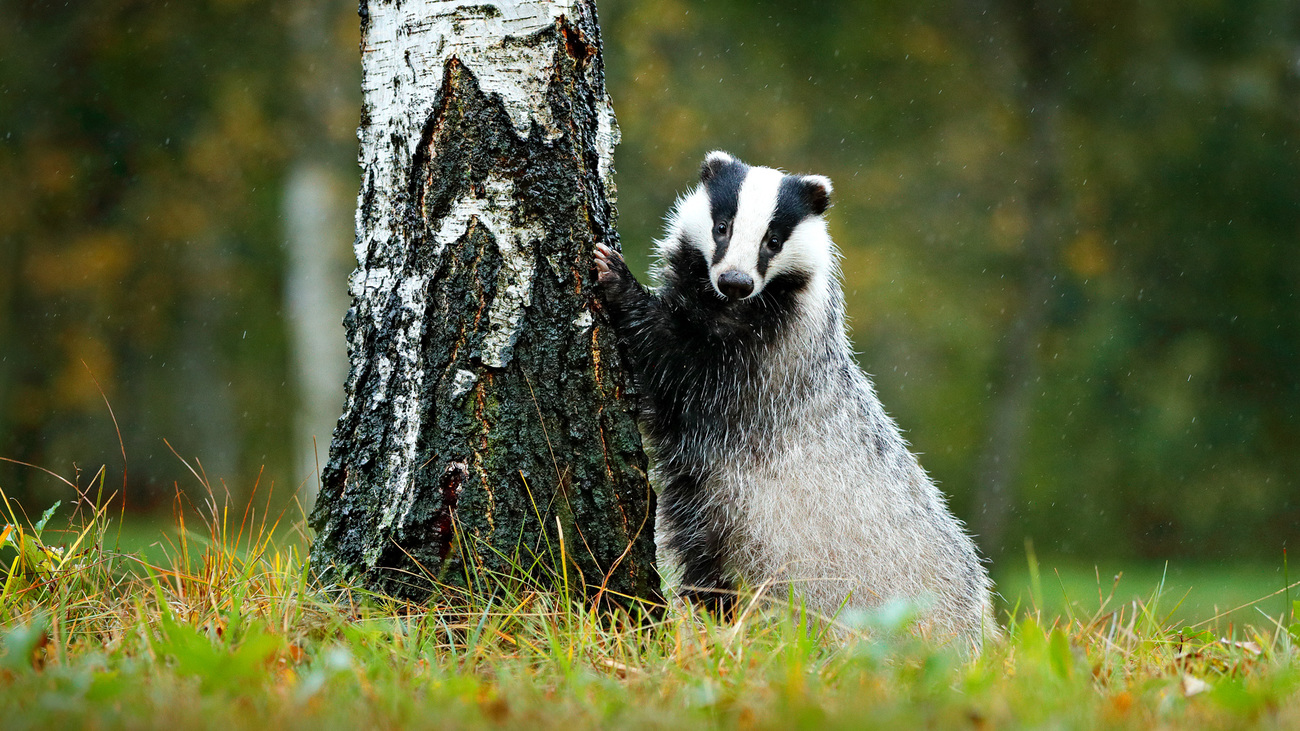how can we protect UK wildlife when wildlife crimes don’t count?
how can we protect UK wildlife when wildlife crimes don’t count?

Wild animals in the UK face horrific acts of cruelty. They are poisoned, trapped, shot, and even have dogs set upon them.
Worse, much of the cruelty happens under the radar. National laws are inconsistent, police resources are limited, and public awareness around wildlife crime remains low. This combination has deadly consequences for wildlife.
Wildlife organisations paint a grim picture though—for example, estimating 30,000 offences against badgers alone.
The lack of an accurate picture is why IFAW commissioned a study from criminologists at Nottingham Trent University and the University of Gloucestershire. We wanted to provide a comprehensive review of UK wildlife law and enforcement opportunities.
Our report based on the findings, Make wildlife matter, gives detailed accounts from frontline wildlife-crime police officers and experts in the field. It spotlights some of the prolific national crimes against our wildlife in the hope of giving a voice to the voiceless.
understanding links to other crimes
We discovered inequality in how these crimes are tackled and mounting concerns about links between wildlife crime and organised crime.
In response to the research team's surveys, links to other offending were highlighted by some respondents.
Although our report doesn't tackle the many international wildlife trade challenges the UK faces—for example, the illegal trade in ivory and rhino horns—those challenges stem from the same enforcement gaps that affect domestic wildlife. Addressing these gaps will help address both domestic and international wildlife crime. Natural resources worth between US$91 billion to US$258 billion annually are being stolen by criminals, according to Interpol and the United Nations Environment Programme (UNEP).
how can we make wildlife matter?
Currently, many wildlife crimes are ‘non-notifiable’, meaning police do not have to report incidents to the Home Office to be recorded with national crime statistics, so it’s impossible to get a true view of the problem.
The UK has committed through its 2021 G7 presidency, COP, and other international forums to protect wildlife—yet we do not even have policies or an approach to measure the scale of wildlife crime, let alone prioritise it.
This needs to change.
We want the UK Government to address this problem and make wildlife matter. If these offences become notifiable, enforcement agencies can better detect and investigate wildlife crime and bring criminal offenders to justice.
why I feel optimistic
For now, discussions are ongoing between NGOs, the Home Office, and other key agencies tackling wildlife crime, so I write this blog with hope and optimism that these discussions will be advanced and prioritised.
We’re living through challenging times, with political turmoil, a cost-of-living crisis and disruptions from strike action becoming a regular occurrence. Despite everything, we cannot afford to sit back and accept the status quo that our natural world is doomed.
Should we be talking about badgers when there is so much else going on? Absolutely! Our national wildlife equity is at stake, and tackling wildlife crime while bringing more dangerous criminals to justice should be a no-brainer for this government and the next.
We want to see the UK set a positive precedent, becoming a place where wild animals are protected and animal cruelty is taken seriously.
Related content
Every problem has a solution, every solution needs support.
The problems we face are urgent, complicated and resistant to change. Real solutions demand creativity, hard work and involvement from people like you.